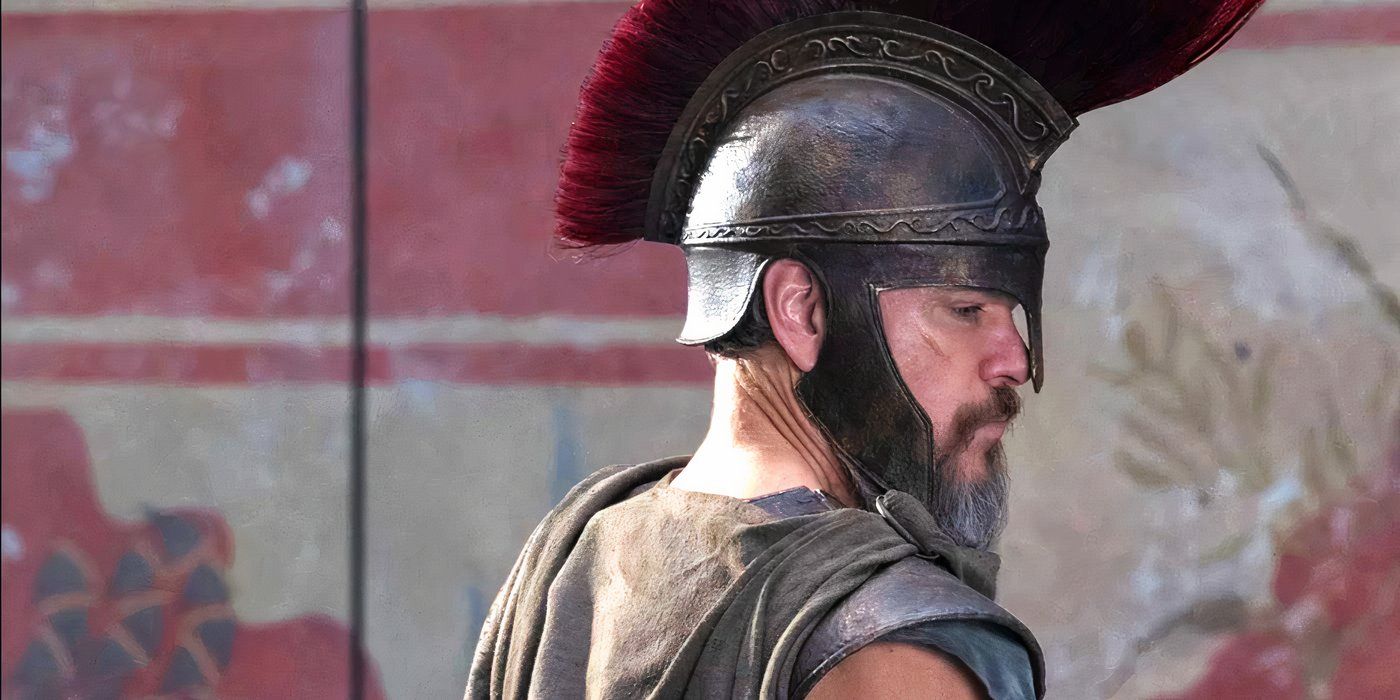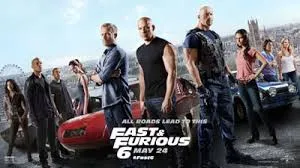Across gods and monsters, time and tide, one man dares to defy destiny for the hope of home.
The Odyssey (2026) boldly reimagines Homer’s ancient tale of heroism, gods, and longing, transporting its legendary journey into a visually breathtaking cinematic experience. Directed by Denis Villeneuve, this adaptation honors the core of the original poem while infusing it with modern storytelling, complex emotion, and stunning world-building. At its heart is Odysseus — no longer just a mythic hero, but a man haunted by war, family, and fate.
Set in a mythologized version of ancient Greece fused with surreal, near-futuristic technology, the film begins as the Trojan War concludes. Odysseus, commander of Ithaca’s forces, seeks to return home — but divine forces and personal demons conspire to make his voyage perilous. Each chapter of his journey, from the Cyclops’ cave to the temptation of the Sirens, is reimagined with dazzling visuals and philosophical undertones. The pacing is methodical, allowing viewers to absorb each trial as not just a physical battle, but a moral and emotional reckoning.

Jake Gyllenhaal brings depth and pain to Odysseus, portraying him as a leader fatigued by war yet driven by love for his wife Penelope and son Telemachus. Meanwhile, Jodie Comer’s Penelope is no longer the passive wife waiting at home — she is a ruler in her own right, fending off suitors and threats with quiet strength. The gods — Athena, Poseidon, Hermes — are given ethereal, almost sci-fi portrayals, existing in realms where time bends and fate is not merely written, but manipulated.
The film’s most powerful moments arise not from the monsters or magic, but from Odysseus’ inner conflict. The cost of glory, the erosion of identity, and the fear of being forgotten drive the narrative forward. Villeneuve leans into haunting silences and dreamlike transitions, making The Odyssey (2026) feel more like a meditation than a straightforward action epic. It dares to ask: after everything, what does it mean to come home?

Critics will likely be split — some may find it too slow or too abstract. But for those willing to surrender to its rhythm, The Odyssey delivers one of the most ambitious and poetic mythological adaptations in recent memory. It doesn't just retell a classic; it reframes it, making ancient questions feel sharply, almost uncomfortably modern.



